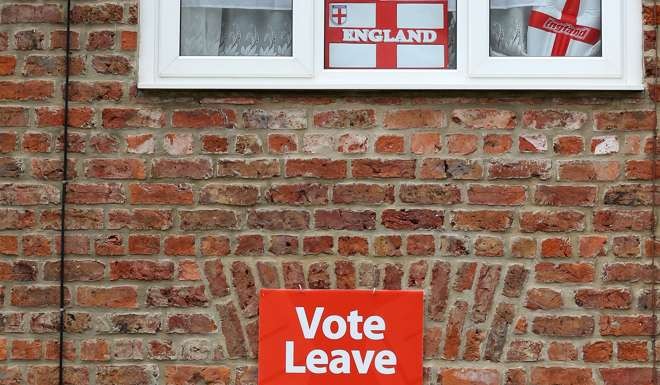Don’t blame globalisation for all society’s ills, in Hong Kong or elsewhere
Farzana Aslam says the much-maligned economic model has been steered recklessly and the rise of localist forces around the globe makes it incumbent upon policymakers to find ways to balance global concerns with local issues


Hong Kong “localists” are outspoken over the question of autonomy, but the political platform upon which they have garnered support is a protest against the establishment and its failure to address the pressing social issues that affect Hong Kong as a community – namely, rising inequality, the lack of affordable housing and the public’s perception that government is serving the interests of big business at the expense of the increasing ranks of the poor. It is a common thread that runs through all political shifts occurring around the globe.

Brexit shows up the failures of globalisation, with hate advancing across the globe and humanity in retreat
Outside of Hong Kong, the rhetoric has been squarely directed against globalisation, specifically international trade and open borders allowing the free flow of capital and people. This, however, is to equate the forces of globalisation with the forces that drive inequality, the stagnation of real incomes, the erosion of job security and of welfare services provided by the state.
Politicians worldwide have been too ready to invoke globalisation as the cause of their domestic woes, when the reality is that the decline in the prosperity and social well-being of the average citizen of these nations has been the result of deliberate domestic policies promoted under the banner of globalisation.
Globalisation can be a force for good if accompanied by good governance and responsible policymaking to ensure a fairer distribution of its rewards
As a consequence, investment in areas of public and civic life that have traditionally fallen within the purview and care of the state, such as health care, education and vocational training, housing and job creation have been largely outsourced to the exigencies of the free market.
Alongside laissez-faire economic policies, the era of globalisation has been marked by an abject failure to institute adequate mechanisms for regulation of the free market. This has resulted in a governance gap that, aside from being largely responsible for the economic crisis of 2008, has allowed multinationals to expand their wealth base, yet minimise – and in many cases avoid – their exposure to the payment of domestic taxes.